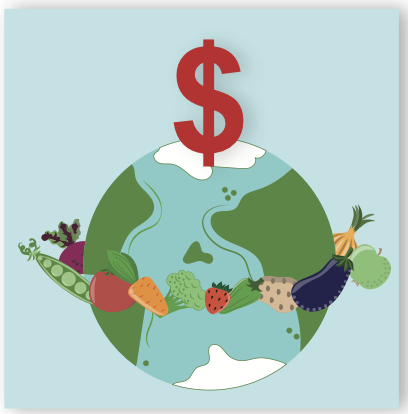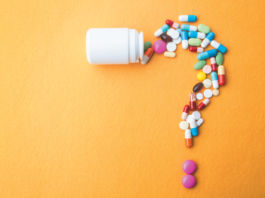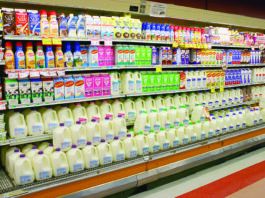Better-Off Americans Eating a Bit Better
Americans are eating a little healthier than they were back in 1999, but the improvements are largest among upper-income households.
Nutrition Facts Usage Half-Empty or Half-Full?
Half of US adults check the Nutrition Facts panel when deciding whether to buy a food product either "always" (16%) or "most of the time" (34%). In the 11th Health and Diet Survey conducted by the Food and Drug Administration, only 22% of respondents said they "rarely" (12%) or "never" (10%) consult nutrition labels.
Boredom Fuels Unhealthy Eating
Craving candy, chips and fast food? Maybe you're just bored. Two studies presented at a meeting of the British Psychological Society support previous research linking boredom to unhealthy eating habits.
New Low-Calorie Sweetener Okayed
Look for another option in low-calorie beverages now that the US Food and Drug Administration has okayed EverSweet. The agency issued a GRAS (Generally Recognized As Safe) "no-objections" letter allowing maker Cargill to introduce the sweetener.
What’s New? Ancient Grains
Everything old is new again when it comes to grains. Data from the market-research firm SPINS shows that sales of so-called "ancient grains" grew 16.6% year-over-year in 2016, reaching almost $200 million. The most common products boasting of their "ancient" ingredients were ready-to-eat cereals, bread and other baked goods, and pastas.
Coffee Cleared of Cancer Risk Label
The World Health Organization has lifted a 25-year-old caution that coffee might cause cancer. Publishing their findings in The Lancet Oncology, WHO experts reviewed more than a thousand human and animal studies and concluded that coffee should no longer be classified as a possible carcinogen.
What’s “Healthy”? Experts, Public Diverge
What nutritionists think is healthy and what the average American considers good for you don't always align, according to a Morning Consult survey for the New York Times. The survey asked 2,000 ordinary Americans and 672 members of the American Society for Nutrition to rate the healthfulness of 52 foods.
Philadelphia First Big City to Tax Beverages
Come January, Philadelphia will be the first major US city to tax sodas and other sweetened beverages. The city council rebuffed a multi-million-dollar lobbying effort by the beverage industry in passing the tax, which will add about 50 cents a liter to the cost of sodas, sports drinks, energy drinks and sweetened coffees and teas.
Gene That Makes Carrots Orange ID’d
Scientists who succeeded in sequencing the genome of carrots have identified the gene, dubbed DCAR_032551, responsible for carotenoids, which make carrots and other produce orange and provide humans with vitamin A.
Rethinking “Healthy” Definition
Is an avocado healthier than a sugary bowl of raisin bran? Not according to the FDA's labeling rules for "healthy" foods, which the agency recently announced it would review.

























